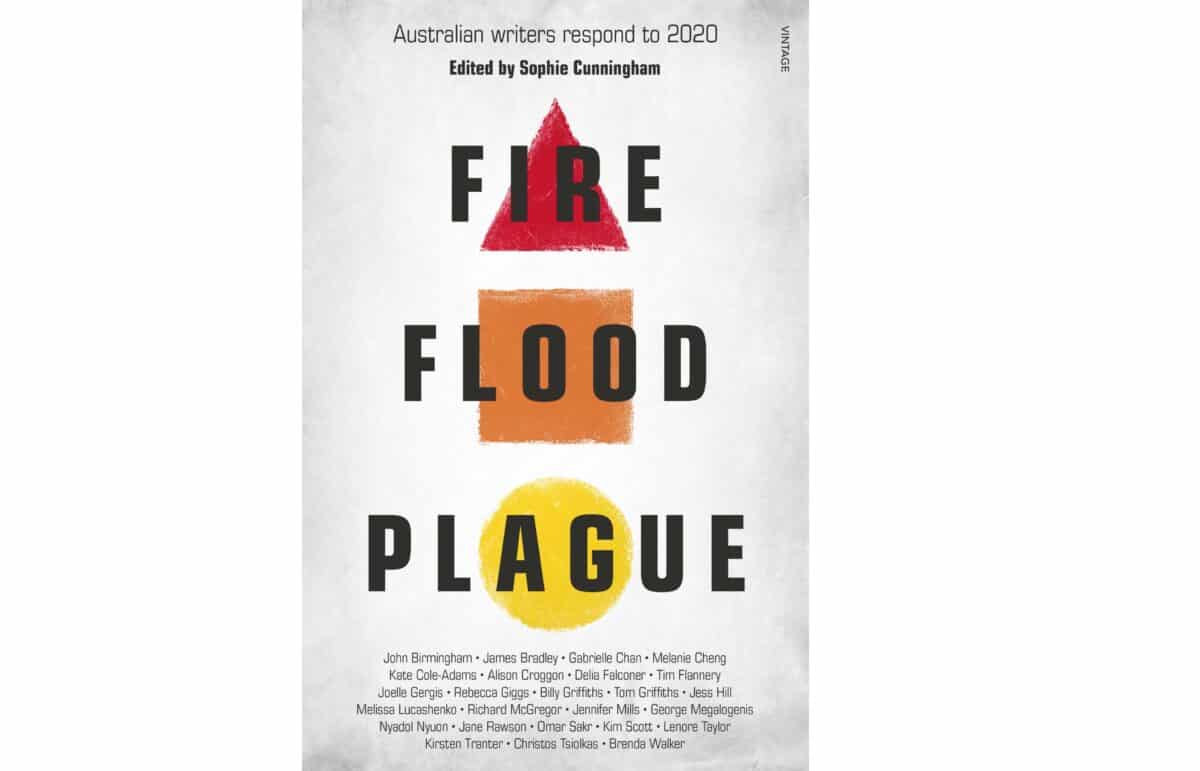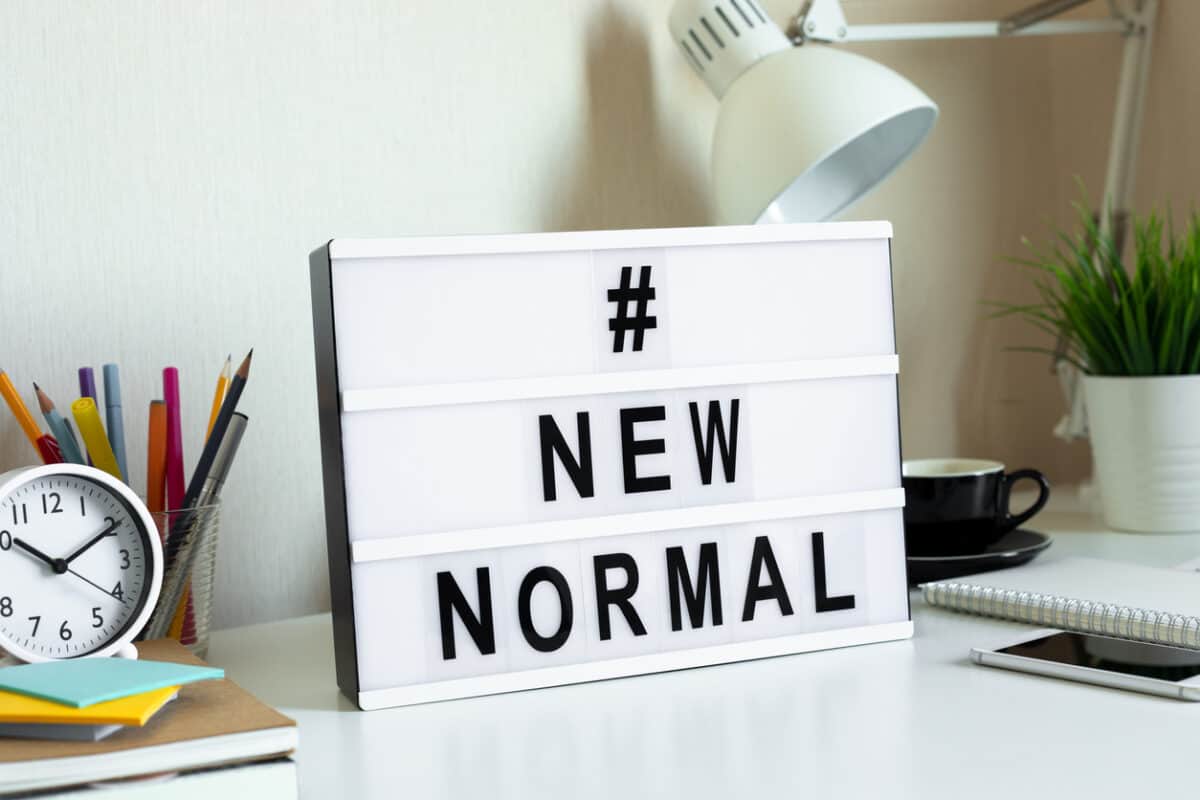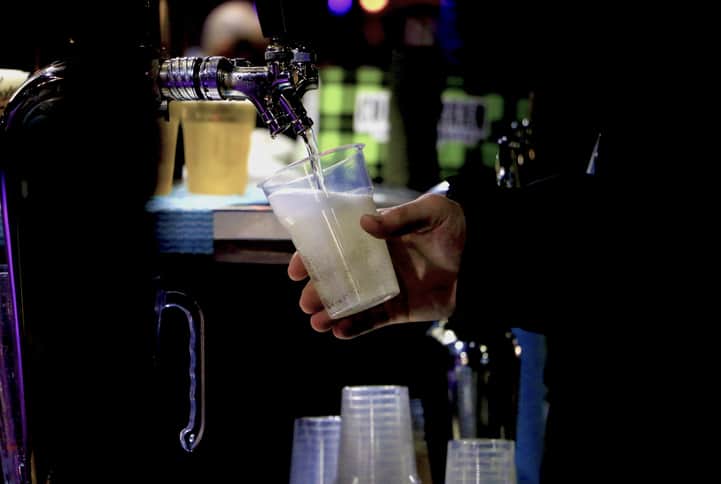This time last year Australia was facing horrendous bushfires and days of thick smoke. Yesterday we, in Melbourne, received over an inch of rainfall. For many Christmas was far less than joyous. At the same time a global incurable coronavirus was spreading.
Occupational health and safety (OHS) took a back seat in many ways but also came to the fore in others, depending on how exposed employers felt their businesses were and whether OHS professionals were sufficiently adaptable; depending on whether one saw public health that affects work as a workplace hazard, or let the public health people get on with their work. In all these circumstances there was a little bit of panic and varying levels of fear and anguish.
Continue reading “All being well!”






